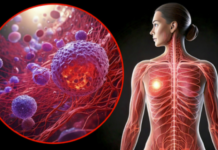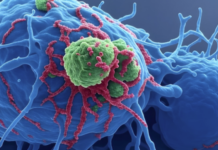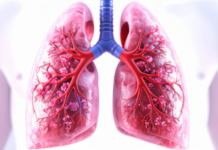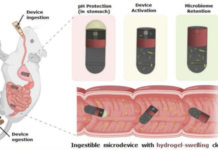New Delhi– Widely used diabetes and weight-loss drugs such as Ozempic and Wegovy could help reduce alcohol consumption by slowing how quickly alcohol enters the bloodstream, according to new research from Virginia Tech in the U.S.
The study found that GLP-1 receptor agonists — the class of drugs that includes semaglutide, tirzepatide, and liraglutide — delay alcohol absorption, resulting in a slower and milder impact on the brain.
“People who drink know there’s a difference between nursing a glass of wine and downing a shot of whiskey,” said Alex DiFeliceantonio, Assistant Professor at the Fralin Biomedical Research Institute at Virginia Tech. “A standard serving of either has 0.6 ounces of alcohol, but the shot brings a rapid increase in blood-alcohol content. It feels different because of the way the body handles alcohol over time.”
DiFeliceantonio explained that the rate at which a drug — or in this case, alcohol — takes effect influences its potential for abuse. “Faster-acting drugs have a higher abuse potential. So if GLP-1s slow alcohol entering the bloodstream, they could reduce the effects of alcohol and help people drink less,” he said.
In the pilot study of 20 participants, researchers found that those taking GLP-1 medications reached lower and slower peaks in breath alcohol concentration after consuming comparable doses of alcohol designed to reach approximately 0.08 percent. Participants on the medication also reported feeling less intoxicated.
Unlike existing medications such as naltrexone and acamprosate, which act directly on the central nervous system to curb alcohol dependence, GLP-1 drugs appear to influence alcohol metabolism through a physiological process — by slowing gastric emptying. This delay prevents alcohol from rapidly entering the bloodstream and reaching the brain.
The findings, published in Scientific Reports, suggest a potential new path for treating alcohol use disorder. “The possibility of offering new hope to individuals struggling with addiction is what makes this work so meaningful,” the researchers said. (Source: IANS)













